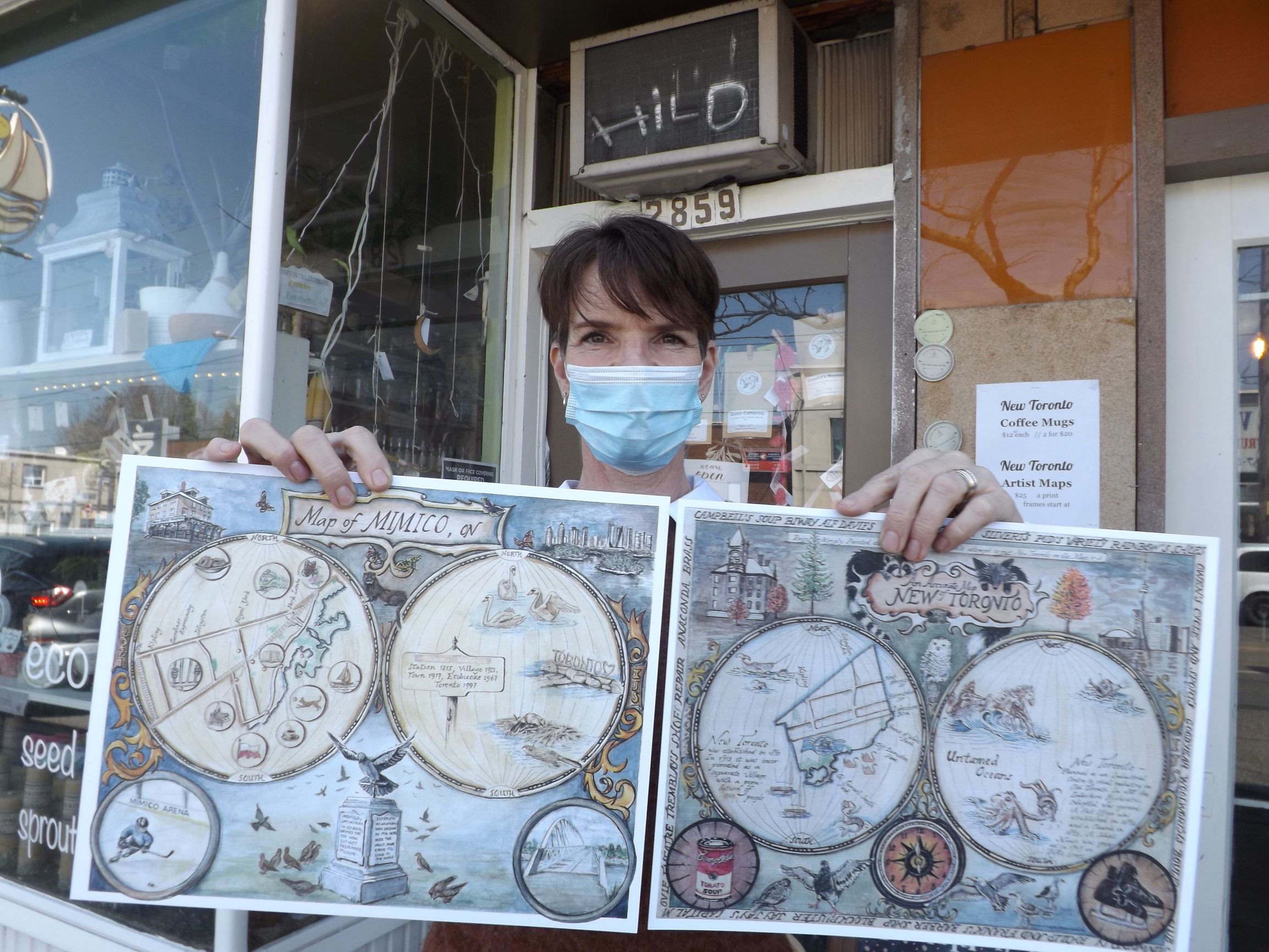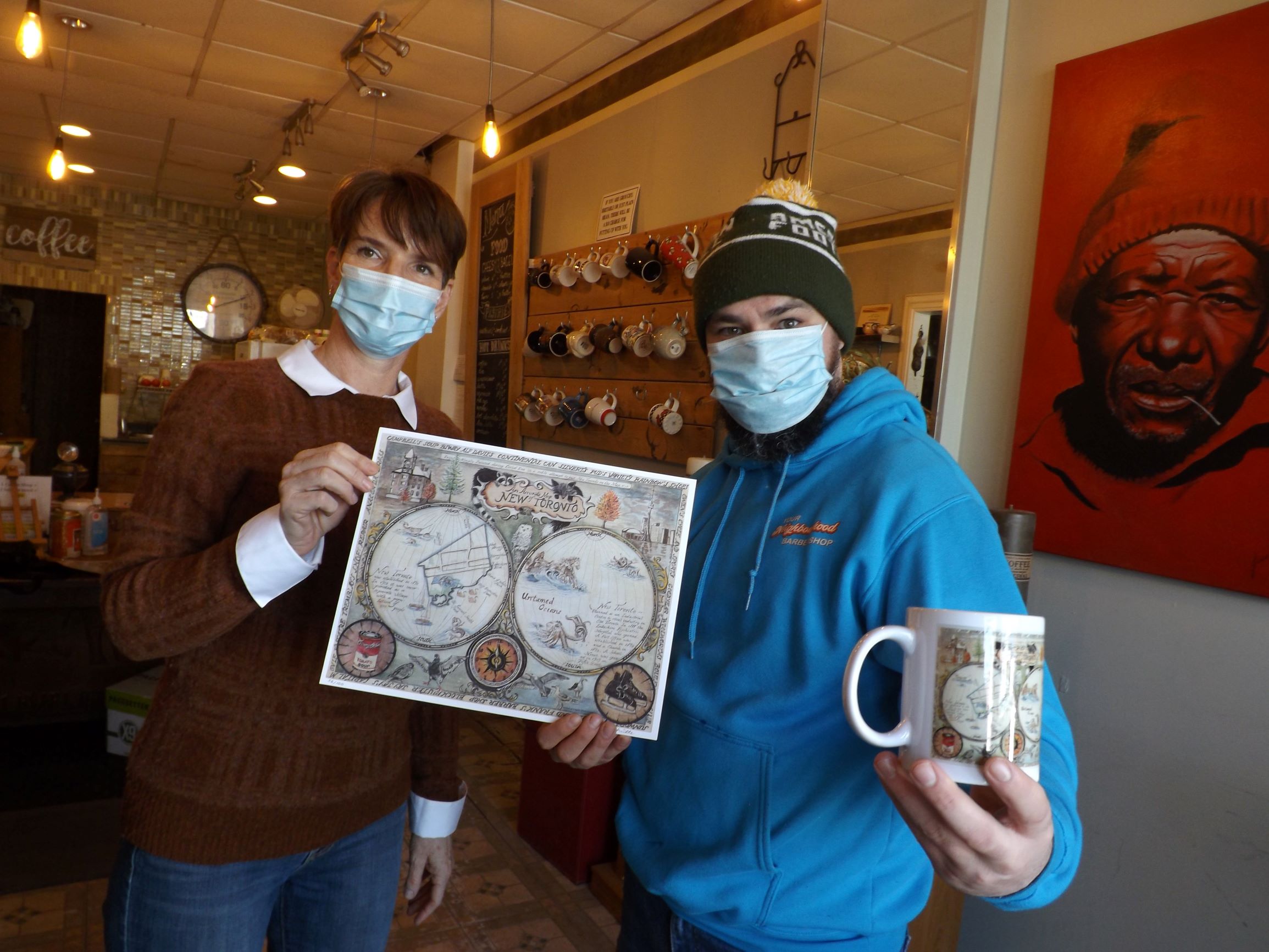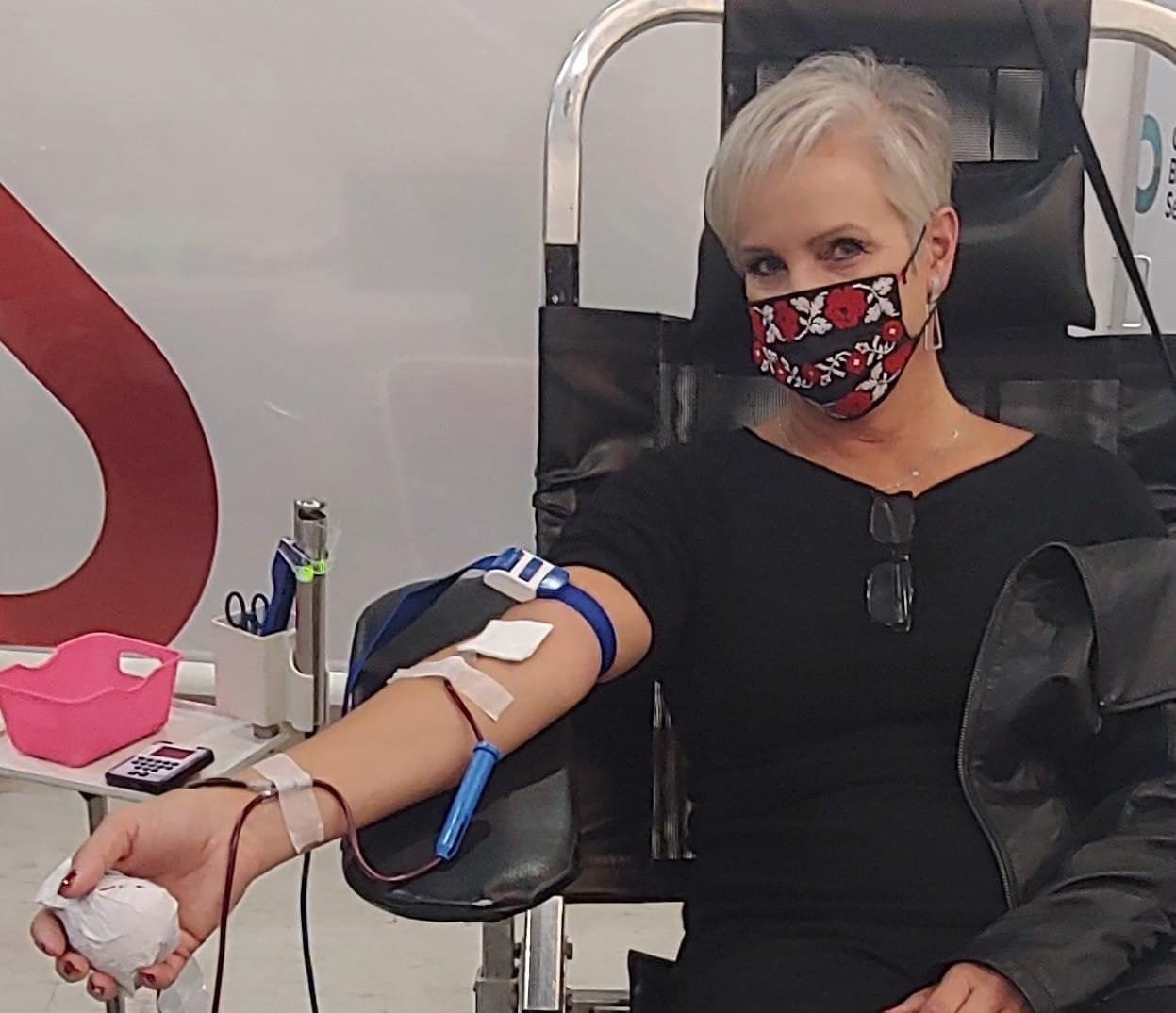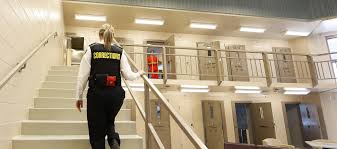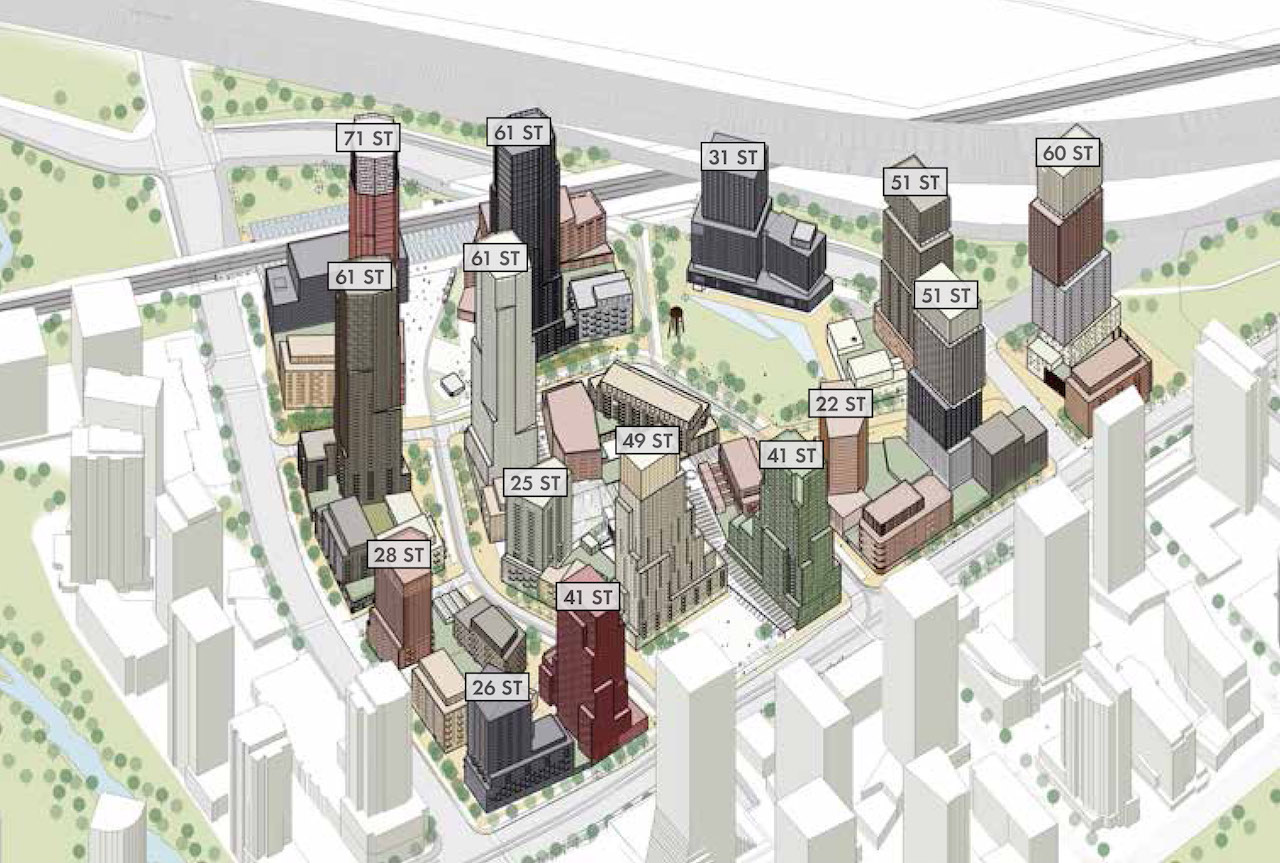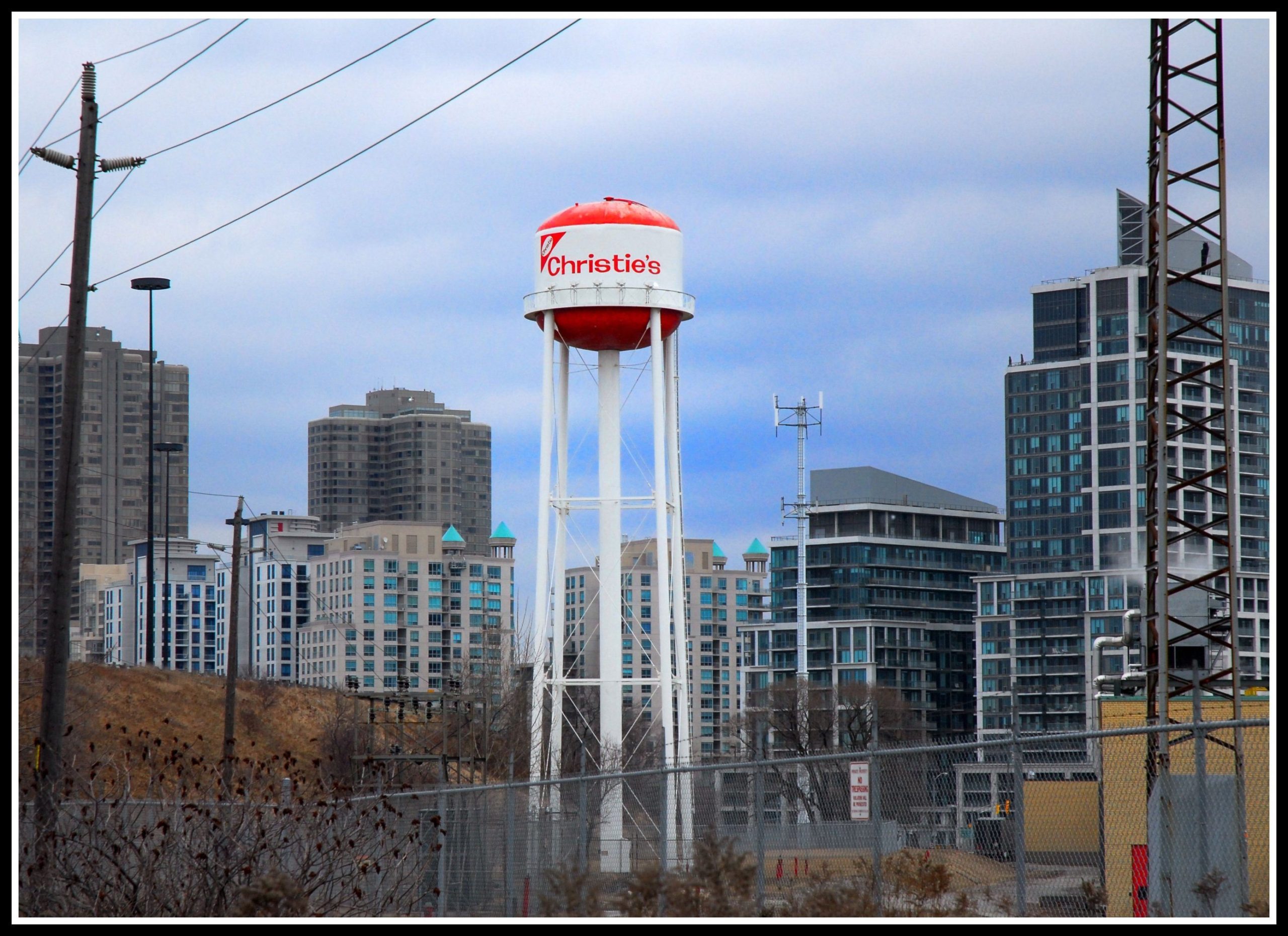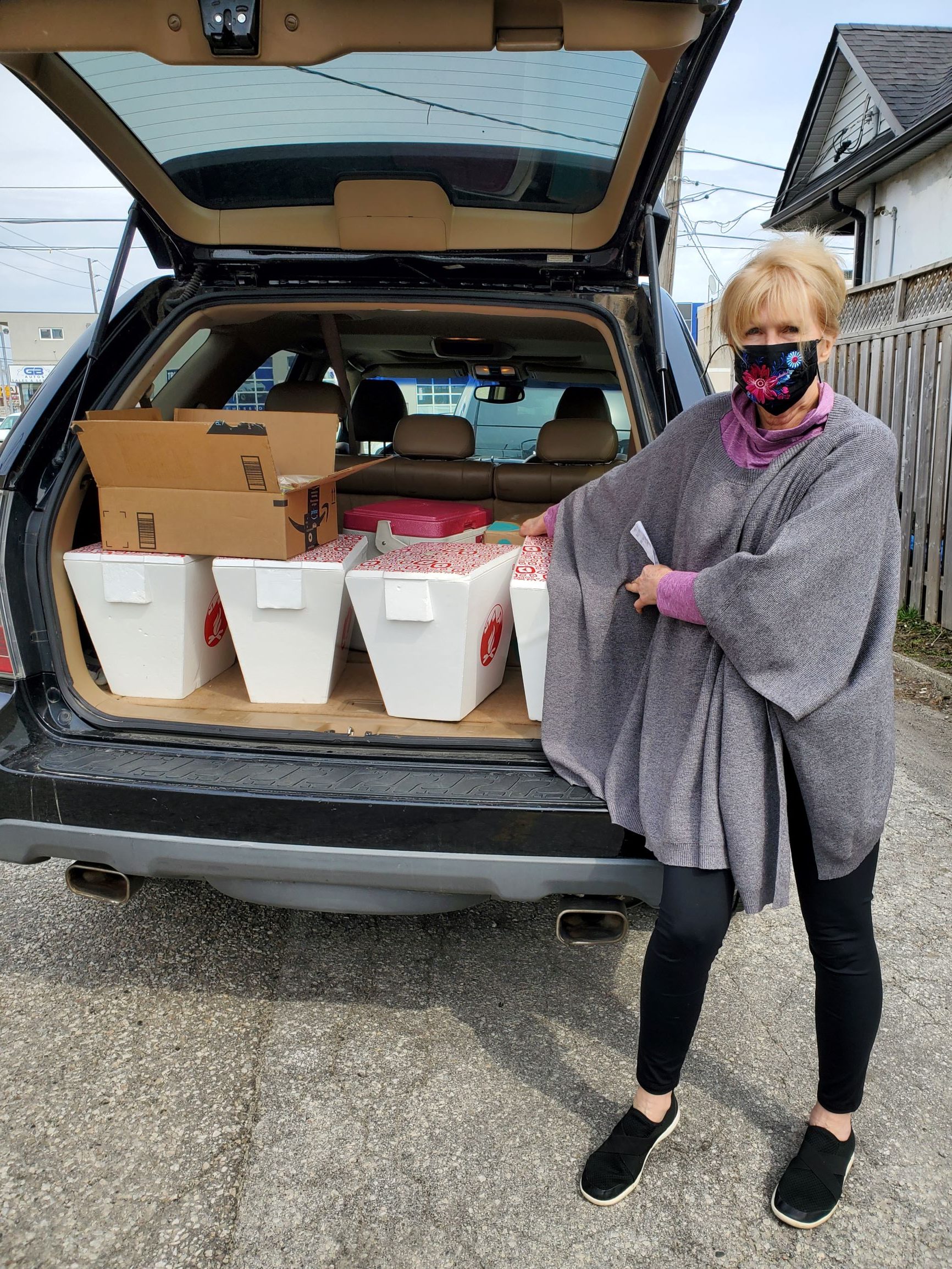The COVID-19 squeeze is being tightened for everyone and this summer in Toronto will be no exception since nearly all major headline celebration or event has been postponed or scaled back.
Starting on April 19 the province is restricting interprovincial travel, extending the state of emergency and stay-at-home order by two weeks, until at least May 20.
Premier Doug Ford said on Friday that the infection and hospitalization rates continue to hit records and placing a strain on hospital beds.
On Monday Ontario will set up checkpoints at interprovincial borders to restrict land travel between Quebec and Manitoba to essential travel only.
Travellers who are coming into Ontario for purposes other than work, medical care, transportation of goods and exercising Indigenous treaty rights will be turned back at the border, officials said. There are no new restrictions on air travel within Canada.
For the first time in Ontario since the pandemic started, police officers will have the authority to require people to provide their home address and purpose for not being at their residence.
“We need to step up enforcement and we need to focus on those who are deliberately putting others at risk by ignoring the stay-at-home order,” the Premier said on Friday.
Police will have the ability to stop vehicles to inquire about and reason for people leaving their homes.
Ford said outdoor gatherings will be limited and all outdoor recreation amenities, such as golf courses, playgrounds, basketball court, and soccer fields, will be forced to close as April 17.
Outdoor gatherings with people outside of a person’s own household are also prohibited. For people living alone, they can gather with one other household.
The government says non-essential construction will close, including construction at shopping malls, hotels, and office towers.
Places of worship will be capped at a maximum of 10 people indoors.
“Those gathering in large groups are continuing to put themselves and others at risk so understand the restrictions will be strongly, strongly enforced because they must be,” he stressed.
Residents must remain at home at all times, with exceptions for essential purposes, such as going to the grocery store or pharmacy, accessing health care services, for exercise or for essential work.
Businesses across the province must ensure that any employee who can work from home, does work from home.
Non-essential stores must open no earlier than 7 a.m. and close no later than 8 p.m., including hardware stores, alcohol retailers, and those offering curbside pickup or delivery.
Capacity limits for in-person shopping in all retail settings where in person shopping is permitted, including supermarkets, grocery stores, convenience stores and stores that primarily sell food and pharmaceutical products, will be limited to 25 per cent capacity.
Dr. Adalsteinn Brown, the co-chair of the advisory table, stated during the modelling update that the chances of Ontario having a more normal summer with lower daily case numbers are slim and highly depend on vaccination rates and public health measures.
Modelling data suggests a third COVID-19 wave will continue into the summer if the current stay-at-home-order does not last at least six weeks and if Ontario does not support high-risk communities, as well as increase vaccinations.



